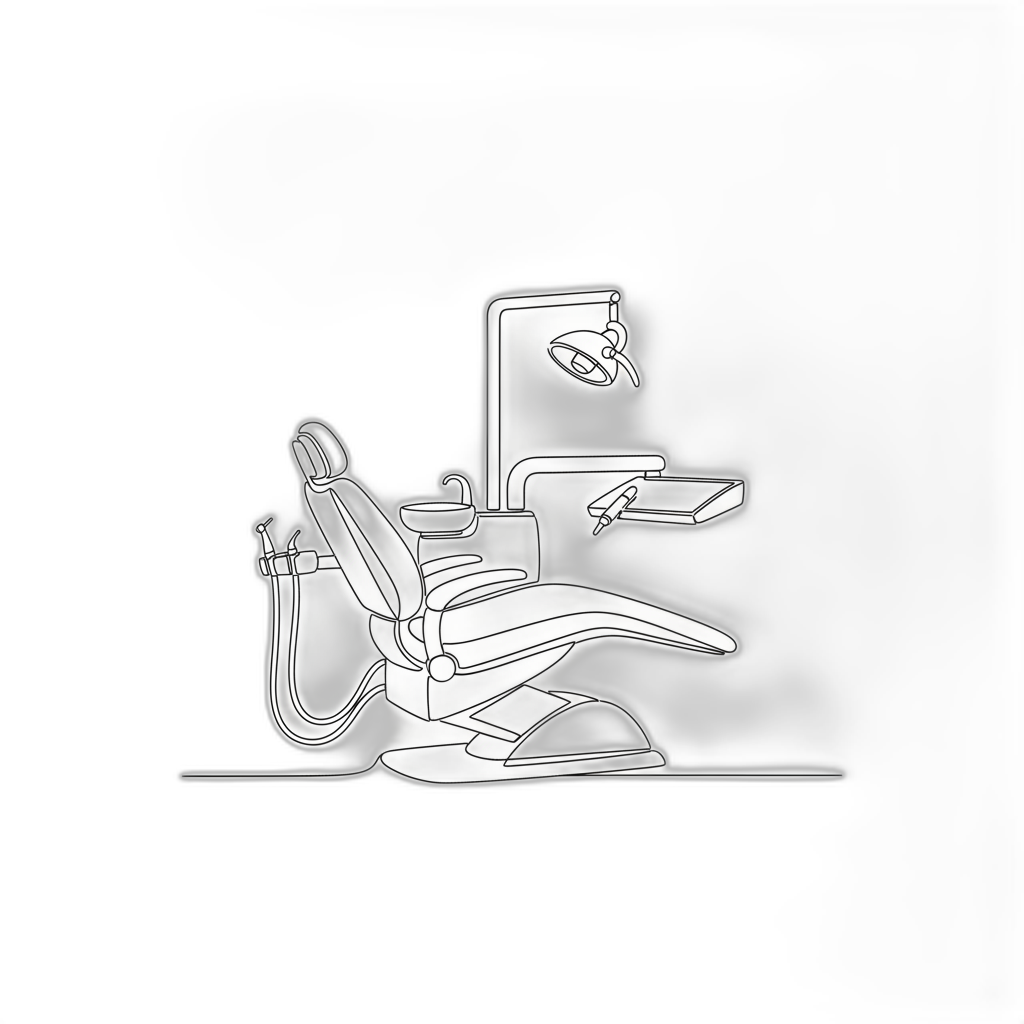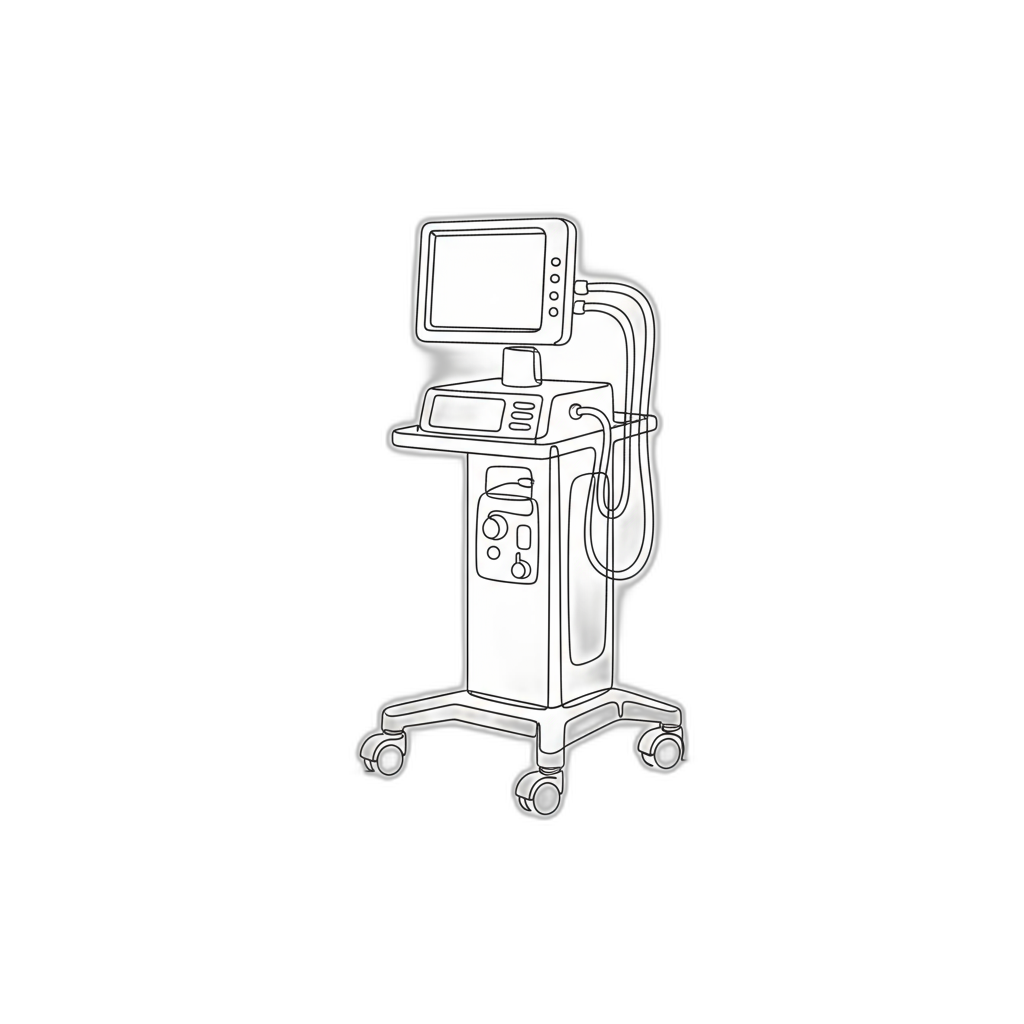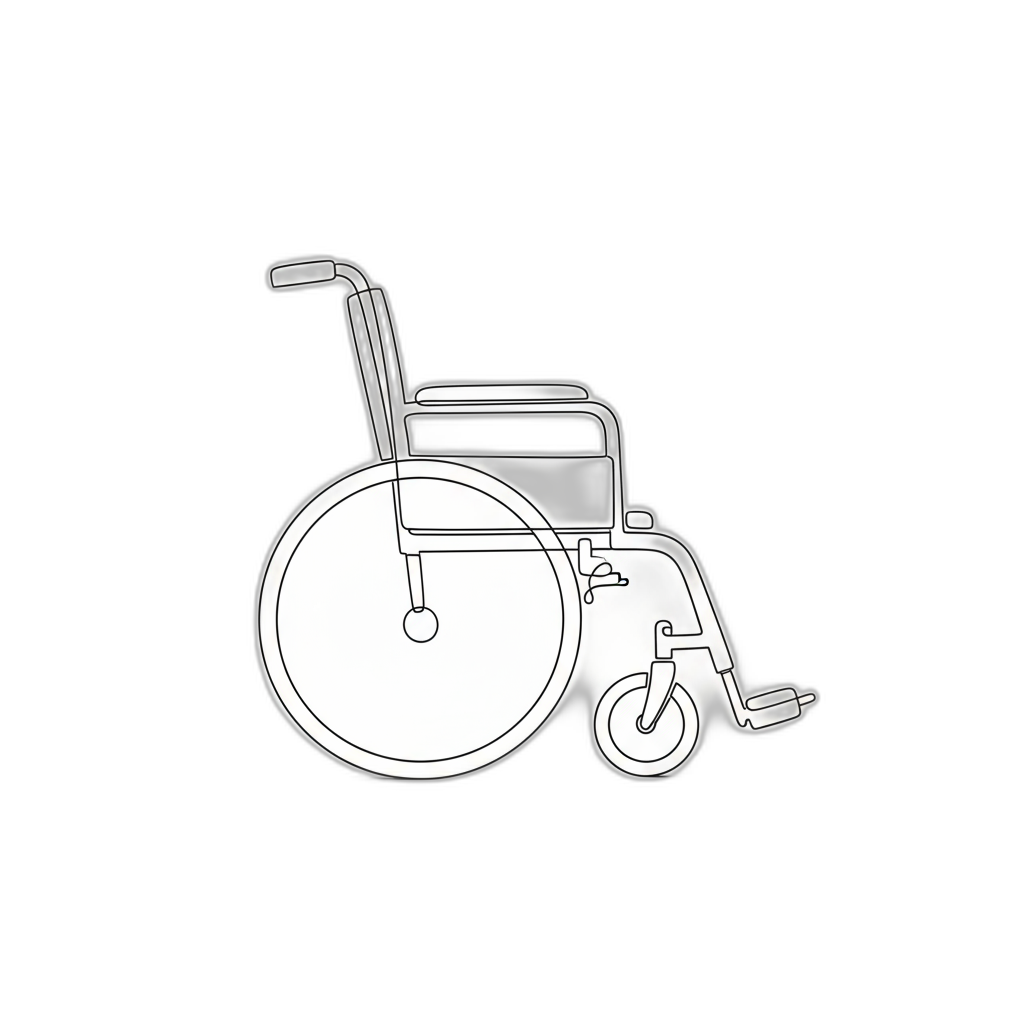






5-Star Service, Trusted & Loved by Hundreds
Your Appraiser Search Ends Here
Your Appraiser Search Ends Here
.avif)

Nationwide Coverage – Appraisals Anywhere in the US

Get it done Onsite or Online

Any Asset, Covered

Defensible for Any Purpose
Frequently Asked
Questions
No Frequently Asked Questions Found.
The claim process involves multiple intricate stages that require careful documentation and communication. Initially, the policyholder must promptly notify their insurance provider about the incident, providing comprehensive details and supporting evidence. This early communication establishes the foundation for a potential settlement.
Documentation plays a pivotal role in substantiating the claim's legitimacy. Policyholders must gather relevant materials such as photographs, receipts, official reports, and witness statements that comprehensively demonstrate the extent and circumstances of the loss. These materials serve as critical evidence during the insurance company's investigation.
Following notification, a claims adjuster will thoroughly review the submitted documentation, assess the incident's details, and determine the claim's validity based on the specific policy's terms and conditions. This professional evaluation ensures that the claim aligns with the agreed-upon coverage parameters.
The resolution phase involves the insurance company's decision to approve, deny, or negotiate the claim's compensation amount. If approved, the insurer will issue payment to the policyholder or directly to service providers, helping restore the financial position of the affected party.
Successful claims management requires precision, timeliness, and transparent communication. Policyholders who understand this process and maintain meticulous records significantly improve their chances of receiving fair compensation during challenging circumstances.
Professional appraisals deliver precise valuations that go beyond surface-level assessments. Certified appraisers meticulously evaluate property, considering nuanced factors like condition, market value, and specific characteristics that significantly impact overall worth. This detailed approach ensures policyholders receive fair and accurate compensation that truly reflects their property's value.
Documentation is another fundamental aspect of insurance claim appraisals. The formal assessment creates an authoritative record that serves as a critical reference point for both the policyholder and insurance company. This comprehensive documentation helps eliminate ambiguity, reduce potential disputes, and provide clear evidence of the property's condition and value at the time of loss.
Expert appraisers bring specialized knowledge that transcends typical property evaluation. Their professional insight allows for in-depth analysis of complex assets, whether it involves specialized items like vintage collectibles, intricate jewelry, or unique property types. This expertise becomes particularly valuable when standard assessment methods prove insufficient.
The appraisal process also expedites claim resolution by presenting a clear, professionally validated valuation. By providing a transparent and detailed assessment, policyholders can streamline negotiations and reduce potential delays or conflicts with insurance providers.
Moreover, these professional evaluations serve as a strategic tool if claim disputes arise. Should an initial claim be denied or undervalued, a comprehensive appraisal provides robust evidence to support an appeal, potentially reversing unfavorable initial determinations.
Beyond immediate claim resolution, appraisals offer broader insights into potential coverage gaps. During the evaluation process, appraisers might identify nuanced damage or underinsured aspects of a property, empowering policyholders to make more informed future insurance decisions.
Ultimately, a professional insurance claim appraisal transforms an potentially stressful situation into a methodical, transparent process. By leveraging expert assessment, policyholders gain confidence, clarity, and a strategic approach to navigating complex property loss scenarios.
The valuation encompasses a holistic examination of the equipment's current condition, operational functionality, technological relevance, and potential market demand. Professional appraisers conduct an in-depth analysis that goes beyond simple numerical calculations, integrating complex considerations such as equipment age, technological sophistication, compliance with current healthcare standards, and potential future utility.
Specialized appraisers utilize advanced methodological approaches to establish an accurate and defensible valuation. This involves extensive market research, comparative analysis of similar equipment, thorough inspection of physical and operational characteristics, and careful consideration of industry-specific depreciation standards.
The appraisal process considers multiple dimensions that impact equipment value, including technological obsolescence, maintenance history, regulatory compliance, and potential for future use. Each piece of medical equipment is evaluated with precision, recognizing that medical technology represents a significant financial investment for healthcare institutions.
These comprehensive assessments serve critical functions across the healthcare ecosystem, providing essential insights for financial planning, asset management, insurance documentation, and strategic decision-making. By offering an objective, detailed evaluation, medical equipment appraisals enable healthcare organizations to make informed choices about their technological resources and investments.
Clients can initiate an online appraisal by submitting detailed documentation about their medical equipment. This typically includes high-resolution photographs, precise model numbers, equipment specifications, and a comprehensive description of its current condition. Professional appraisers utilize these digital submissions to conduct thorough and reliable assessments.
Advanced digital platforms now enable interactive appraisal experiences through video conferencing technologies. These virtual consultations allow direct communication between appraisers and clients, facilitating real-time equipment demonstrations and immediate clarification of technical details. Such approaches ensure a transparent and comprehensive valuation process.
Every online medical equipment appraisal adheres to the Uniform Standards of Professional Appraisal Practice (USPAP), guaranteeing professional integrity and compliance across different states. The digital methodology maintains the same rigorous standards as traditional in-person assessments, providing clients with reliable and legally recognized valuation documentation.
The online appraisal process offers significant advantages, including convenience, reduced wait times, and broader accessibility. Clients can now receive professional equipment valuations from anywhere, streamlining what was once a complex and time-consuming process.
Different types of appraisers bring unique perspectives and skill sets to their evaluations. Clinical appraisers concentrate on equipment actively used in patient care environments, examining performance, technological capabilities, and regulatory adherence. They often develop expertise in specific domains like diagnostic imaging, surgical technologies, or patient monitoring systems.
Financial appraisers apply a quantitative lens, analyzing market dynamics, economic trends, and potential return on investment. Their assessments are particularly valuable for healthcare organizations seeking precise valuation for resale, financial reporting, or strategic asset management.
Technical appraisers leverage deep engineering and technical knowledge to comprehensively assess medical device functionality. They scrutinize equipment age, maintenance history, operational performance, and technical specifications to determine comprehensive market value.
Regulatory appraisers specialize in ensuring medical equipment meets stringent health and safety standards. Their evaluations consider compliance history, certification requirements, and alignment with current regulatory frameworks, providing crucial insights for healthcare providers navigating complex compliance landscapes.
Estate appraisers focus on medical equipment valuation during asset distribution scenarios, such as professional retirement or estate settlements. They provide objective, market-aligned assessments that support fair and accurate asset valuation.
The selection of an appropriate medical equipment appraiser depends on the specific evaluation objectives, ensuring stakeholders receive precise, contextually relevant valuations that support informed decision-making.
Financial reporting relies heavily on accurate equipment valuation. By establishing precise current market values, healthcare providers can optimize depreciation calculations, enhance asset management strategies, and create more transparent financial statements. This precision supports better budgeting and resource allocation decisions.
Taxation compliance represents another crucial aspect of medical equipment appraisals. When organizations consider equipment donations or need to document asset values, a professional appraisal becomes indispensable. These assessments help prevent potential tax complications and ensure regulatory adherence, particularly for donations exceeding specific monetary thresholds.
Insurance coverage requires meticulous valuation to protect significant medical equipment investments. An accurate appraisal guarantees that insurance policies genuinely reflect replacement costs, mitigating risks of underinsurance during potential loss, damage, or theft scenarios.
Legal proceedings often demand objective third-party equipment valuations. Whether resolving partnership disputes, managing organizational transitions, or navigating complex litigation, a professional appraisal provides authoritative documentation of asset worth, facilitating fair negotiations and informed decision-making.
Mergers, acquisitions, and equipment transactions also benefit significantly from comprehensive appraisals. Buyers and sellers can establish fair market values, negotiate confidently, and understand the true economic implications of medical equipment investments.
By embracing systematic medical equipment appraisals, healthcare organizations transform asset evaluation from a routine administrative task into a strategic management tool that supports financial integrity, operational efficiency, and long-term organizational planning.
Why Accurate Medical Equipment Appraisals Matter for Insurance Claims
The Critical Role of Precision in Medical Equipment Valuation
Accurate medical equipment appraisals are fundamental to maintaining fairness and efficiency in insurance claim processes. As healthcare technology continues to advance and become more complex, understanding the precise value of medical equipment has become increasingly important.
Key Components of Effective Medical Equipment Appraisals
- Fair Market Value Determination: A precise appraisal establishes the true economic value of medical equipment, serving as the critical foundation for insurance claims.
- Comprehensive Value Assessment: Professional appraisers evaluate multiple factors including:
- Current market conditions
- Equipment depreciation
- Technological relevance
- Overall condition
Benefits of Professional Medical Equipment Appraisals
- Claims Processing Efficiency
Professionally conducted appraisals enable insurers to make faster, more informed decisions, resulting in expedited claims resolution and quicker reimbursements.
- Dispute Mitigation
Detailed, objective assessments provide substantial documentation that can prevent potential conflicts between policyholders and insurance providers.
- Financial Protection
Accurate valuations protect both parties by ensuring appropriate compensation without unnecessary financial exposure.
Complex Technological Landscape
The medical equipment industry encompasses a wide range of devices—from fundamental diagnostic tools to intricate surgical instruments. This complexity necessitates specialized knowledge and meticulous evaluation techniques to accurately assess equipment value.
Transparency and Trust
Professional appraisals fundamentally promote transparency, creating a foundation of trust between policyholders, healthcare providers, and insurance companies. By relying on objective, comprehensive assessments, all parties can confidently navigate the insurance claims process.
Ultimately, precise medical equipment appraisals are not just a procedural necessity—they are a critical mechanism for maintaining fairness, efficiency, and integrity in healthcare insurance claims.
Key Medical Equipment Categories Requiring Professional Valuation
Key Medical Equipment Categories for Professional Valuation
Medical equipment represents a diverse and critical collection of devices essential for healthcare diagnosis, treatment, and patient care. Understanding the primary categories that require professional appraisal is crucial for accurate insurance claims and asset management.
Diagnostic Equipment
- Includes advanced imaging technologies such as:
- Ultrasound machines
- MRI systems
- X-ray machines
- Valuation factors consider technological advancements, current condition, and depreciation
Therapeutic Equipment
- Critical devices supporting patient treatment, including:
- Ventilators
- Infusion pumps
- Life-support systems
- Comprehensive valuations ensure adequate insurance coverage
Surgical Instruments
- Range from basic tools to advanced technological systems
- Valuation considerations include:
- Precision of instruments
- Material quality
- Manufacturer reputation
- Current operational condition
Rehabilitation Equipment
- Essential for patient recovery and mobility
- Key items include:
- Wheelchairs
- Therapeutic exercise equipment
- Appraisal focuses on usability, condition, and market demand
Laboratory Equipment
- Critical for medical diagnostics and research
- Primary devices include:
- Centrifuges
- Analyzers
- Autoclaves
- Valuation assesses technological obsolescence and operational impact
Comprehensive understanding of these equipment categories enables stakeholders to navigate complex appraisal processes, supporting accurate insurance claims, financial reporting, and strategic asset management.
How Our Appraisal Process Protects Your Healthcare Investment
Understanding the Medical Equipment Appraisal Process
Medical equipment appraisal is a critical strategy for protecting healthcare investments and ensuring comprehensive insurance coverage. This systematic approach provides healthcare providers with a clear understanding of their equipment's true value and financial protection.
Key Components of Comprehensive Equipment Valuation
- Detailed Equipment Assessment: Certified appraisers conduct an in-depth evaluation considering:
- Current equipment condition
- Operational functionality
- Age and technological relevance
- Market demand
- Valuation Methodology: A multi-faceted approach that examines:
- Fair market value
- Replacement costs
- Depreciation rates
- Comparable sales data
Benefits of Professional Equipment Appraisal
- Insurance Claim Support
Comprehensive documentation provides robust evidence during insurance negotiations, increasing the likelihood of fair compensation.
- Regulatory Compliance
Professional appraisers ensure assessments meet industry standards, minimizing potential valuation disputes and regulatory challenges.
- Strategic Financial Planning
Accurate valuations enable healthcare providers to make informed decisions about equipment management, purchases, and asset lifecycle.
The Importance of Transparency
A professional appraisal report offers clear, detailed documentation of the valuation process. This transparency is crucial for:
- Building credibility with insurance providers
- Providing a clear rationale for equipment value
- Supporting strategic financial decision-making
Protecting Your Healthcare Investment
By leveraging professional medical equipment appraisal services, healthcare providers can:
- Secure adequate insurance coverage
- Minimize financial risks
- Optimize asset management strategies
- Ensure operational and financial resilience
A comprehensive appraisal is more than a financial exercise—it's a strategic approach to protecting and maximizing the value of medical equipment investments.
What Sets a Qualified Medical Equipment Appraiser Apart?
What Sets a Qualified Medical Equipment Appraiser Apart?
A qualified medical equipment appraiser brings a sophisticated blend of specialized expertise and technical proficiency to the complex world of medical equipment valuation. Their unique skill set goes far beyond standard appraisal practices, ensuring precise and comprehensive assessments for insurance claims.
Core Competencies of Elite Medical Equipment Appraisers
- Comprehensive Technical Knowledge
Expert appraisers possess deep understanding of diverse medical technologies, including diagnostic imaging systems, surgical instruments, laboratory equipment, and specialized medical devices. This extensive knowledge enables accurate evaluation of equipment condition, functionality, and market value.
- Advanced Professional Credentials
Recognized industry certifications demonstrate a commitment to professional excellence. These credentials typically require rigorous training, ongoing education, and adherence to strict ethical standards in appraisal practices.
- Dynamic Market Intelligence
Top-tier appraisers maintain continuous awareness of technological advancements, market trends, and industry shifts. This real-time insight allows for precise valuations that account for current market conditions and potential depreciation factors.
- Regulatory Expertise
In-depth knowledge of complex regulatory frameworks, including FDA guidelines, healthcare standards, and legal requirements, ensures comprehensive and compliant equipment assessments that protect stakeholder interests.
- Meticulous Analytical Approach
Precision is paramount in medical equipment appraisal. Expert appraisers demonstrate exceptional attention to detail, examining intricate specifications, potential safety considerations, and subtle nuances that impact equipment valuation.
- Insurance Claims Proficiency
Specialized understanding of insurance processes enables appraisers to streamline documentation, prepare comprehensive reports, and effectively communicate with insurance professionals, facilitating smoother claims management.
The Integrated Value Proposition
By synthesizing technical expertise, market intelligence, and regulatory understanding, qualified medical equipment appraisers deliver nuanced valuations that provide critical support for insurance claims and asset management strategies.
Navigating Challenges in Medical Equipment Valuation
Navigating the Complex Landscape of Medical Equipment Valuation
Valuing medical equipment for insurance claims involves intricate challenges that require specialized expertise and strategic understanding.
Technological Depreciation Dynamics
Medical equipment valuation faces significant hurdles due to rapid technological evolution. Key challenges include:
- Rapid market obsolescence of medical devices
- Continuous technological advancements rendering older models less valuable
- Regulatory changes impacting equipment worth
Complexity in Specialized Equipment Assessment
Each medical device presents unique valuation considerations:
- Diverse equipment types demand specialized knowledge
- Variations in clinical applications affect market value
- Intricate assessment of functionality and operational context
Comprehensive Documentation Requirements
Insurance claim valuations demand meticulous documentation addressing:
- Current market value estimation
- Replacement cost calculations
- Potential income loss during equipment downtime
- Comprehensive condition assessment
Navigating Insurance Policy Variations
Insurance claim processes involve complex policy requirements that necessitate:
- Understanding unique insurer guidelines
- Adapting appraisal methodologies to specific policy frameworks
- Ensuring precise and compliant documentation
Successfully addressing these challenges requires deep industry expertise, continuous professional development, and a nuanced understanding of medical equipment valuation principles.
The Critical Role of Appraisals in Insurance Claim Success
Understanding the Critical Role of Medical Equipment Appraisals
In the complex landscape of healthcare and insurance, medical equipment appraisals serve as a crucial mechanism for ensuring fair and accurate claims processing. These professional evaluations provide comprehensive insights that protect the financial interests of medical providers and patients alike.
Key Benefits of Professional Medical Equipment Appraisals
- Objective Valuation: Professional appraisals deliver an unbiased, precise assessment of medical equipment's current market value
- Comprehensive Documentation: Detailed reports provide insurers with clear evidence of equipment worth
- Claim Substantiation: Reduces the potential for disputes or claim denials
Critical Components of Medical Equipment Appraisals
- Condition Assessment
Appraisers conduct thorough evaluations that consider multiple factors, including:
- Current equipment condition
- Age and operational status
- Technological relevance
- Market depreciation
- Financial Insights
Professional appraisals provide nuanced financial perspectives, including:
- Replacement cost estimates
- Depreciation calculations
- Current market value
Strategic Advantages of Professional Appraisals
Medical equipment appraisals offer strategic benefits that streamline the insurance claims process:
- Expedited claim processing
- Enhanced negotiation leverage
- Robust documentation for potential audits
- Increased likelihood of fair compensation
By providing a comprehensive, professional evaluation, medical equipment appraisals play an indispensable role in navigating the complex insurance landscape, ensuring that all parties receive fair and accurate representation.
Essential Documentation for a Comprehensive Medical Equipment Appraisal
Key Documentation for a Comprehensive Medical Equipment Appraisal
When preparing for a medical equipment appraisal, particularly for insurance claim purposes, assembling the right documentation is critical to ensuring an accurate and fair valuation.
Essential Documents to Compile
- Original Purchase Invoice
- Provides primary proof of equipment's original purchase price
- Establishes baseline for current value
- Indicates original cost and associated warranties
- Comprehensive Service History Records
- Detailed documentation of maintenance and repairs
- Tracks equipment upgrades and modifications
- Demonstrates equipment condition and longevity
- Potential impact on market value assessment
- Detailed Manufacturer Specifications
- Outlines equipment features and technical capabilities
- Enables accurate comparisons with similar models
- Helps assess current market relevance
- Historical Appraisal Documentation
- Previous appraisal reports provide valuable context
- Reveals depreciation or appreciation trends
- Supports more precise current valuation
- Insurance Policy Details
- Clarifies specific coverage parameters
- Identifies coverage amounts and potential exclusions
- Allows tailored appraisal to meet insurer requirements
- Current Market Comparative Data
- Research on comparable equipment values
- Analysis of recent sales, auctions, and market listings
- Establishes fair market value benchmark
Benefits of Comprehensive Documentation
Organizing and preparing these documents in advance will significantly streamline the appraisal process. By providing appraisers with comprehensive, well-documented information, you increase the likelihood of receiving an accurate and defensible equipment valuation.
Proactive documentation preparation demonstrates professional diligence and can expedite insurance claim processing, ultimately protecting your valuable medical equipment investments.
Market Value vs. Replacement Cost: Understanding the Difference
Market Value vs. Replacement Cost: Key Differences in Medical Equipment Appraisal
Understanding the nuanced distinctions between market value and replacement cost is critical when navigating medical equipment insurance claims. These two valuation methods provide unique insights into an asset's financial worth.
Market Value: What It Represents
Market value reflects the current price a willing buyer would pay for used medical equipment in its existing condition. Key factors influencing market value include:
- Equipment Condition: Physical state and maintenance history directly impact value
- Age and Depreciation: Technological obsolescence reduces equipment's market worth over time
- Market Dynamics: Supply, demand, and current industry trends affect pricing
- Comparative Analysis: Recent sales of similar equipment inform valuation
Replacement Cost: A Comprehensive Perspective
Replacement cost represents the total expense of acquiring an equivalent new piece of medical equipment with similar functionality. This valuation encompasses:
- Current Purchase Price: New equipment's actual market cost
- Implementation Expenses: Installation, configuration, and setup fees
- Technological Upgrades: Potential improvements in newer model specifications
- Comprehensive Acquisition Costs: Full financial investment required for equipment replacement
Insurance Claim Implications
Most insurance policies prioritize replacement cost over market value, ensuring organizations can fully restore critical medical infrastructure. Accurate appraisals bridge the gap between current equipment value and potential replacement expenses.
Stakeholders must work closely with professional appraisers to develop comprehensive valuations that reflect both current market conditions and future replacement requirements.
Legal Safeguards in Medical Equipment Valuation
Key Legal Protections in Medical Equipment Valuation
Navigating the legal landscape of medical equipment appraisal requires a comprehensive understanding of critical safeguards that protect both policyholders and insurance providers.
Industry Standards and Guidelines
- Professional appraisal organizations establish rigorous frameworks for valuation processes
- Ensures consistency and reliability across equipment assessments
- Covers diverse medical equipment types, from diagnostic tools to specialized surgical instruments
Professional Certification and Expertise
- Qualified appraisers must possess recognized certifications from reputable organizations
- Demonstrates comprehensive understanding of medical equipment valuation complexities
- Certification bodies like the American Society of Appraisers provide stringent professional standards
Transparency and Disclosure Requirements
- Detailed appraisal reports must include:
- Comprehensive valuation methodology
- Explicit assumptions
- Factors considered during assessment
- Promotes trust between all involved parties
- Mitigates potential disputes or challenges
Continuous Valuation Monitoring
- Regular re-evaluations account for:
- Technological advancements
- Market demand fluctuations
- Equipment depreciation
- Ensures ongoing accuracy of equipment values
- Protects financial interests of both insurers and policyholders
Understanding these legal safeguards is crucial for conducting ethical, accurate, and defensible medical equipment valuations.
Your Medical Equipment Appraisal Questions Answered
Understanding Medical Equipment Appraisals for Insurance Claims
Navigating the complex landscape of medical equipment appraisals requires clarity and precision. This guide addresses the most critical aspects of the appraisal process to help you make informed decisions.
What is a Medical Equipment Appraisal?
A medical equipment appraisal is a comprehensive professional assessment that determines the fair market value of medical devices and equipment. This valuation serves as a crucial component for:
- Insurance claim documentation
- Establishing replacement cost basis
- Providing unbiased market value insights
Why Are Appraisals Critical for Insurance Claims?
Insurance companies rely on detailed, accurate appraisals to:
- Verify equipment value
- Prevent potential disputes
- Ensure fair compensation
- Confirm policy coverage criteria
Who Conducts Medical Equipment Appraisals?
Specialized professional appraisers with unique qualifications perform these assessments, including:
- Advanced certifications in medical equipment valuation
- Extensive technical knowledge of medical technologies
- Expertise across diverse medical equipment categories
Key Factors Influencing Appraisal Value
Multiple critical elements determine the final valuation of medical equipment:
- Equipment Condition: Newer and well-maintained devices retain higher value
- Market Demand: Current industry requirements impact pricing
- Replacement Costs: Expense of acquiring similar new equipment
- Technological Progression: Innovations that potentially depreciate older models
Appraisal Process Timeline
The duration of a medical equipment appraisal varies based on several factors:
- Equipment complexity
- Total volume of items being evaluated
- Typical completion time: 3-14 days
Understanding these key aspects empowers healthcare providers and administrators to approach medical equipment appraisals with confidence and clarity.
Maximizing Insurance Claims Through Professional Appraisal Services
Essential Factors in Medical Equipment Valuation for Insurance Claims
Professional medical equipment appraisal is a critical process that ensures accurate compensation during insurance claims. Understanding the key elements that influence equipment valuation can significantly impact your claim's success.
Critical Valuation Considerations
- Equipment Condition: A comprehensive assessment of the physical and operational state of medical equipment. Appraisers meticulously examine:
- Physical damage or wear
- Operational functionality
- Cosmetic imperfections
- Age and Depreciation Dynamics: Equipment value is directly influenced by:
- Chronological age
- Technological obsolescence
- Industry-specific depreciation rates
- Market Demand Analysis: Valuation considers current market trends, including:
- Technological advancements
- Healthcare industry shifts
- Equipment type and specialization
- Comprehensive Replacement Cost Evaluation: Precise calculation of:
- Current market replacement prices
- Equivalent equipment specifications
- Potential upgrade considerations
Strategic Benefits of Professional Appraisal
A certified appraisal provides more than just a monetary assessment. It offers:
- Objective, defensible valuation
- Comprehensive documentation
- Enhanced claim substantiation
- Increased likelihood of fair compensation
In the complex landscape of medical equipment valuation, a professional appraisal serves as a critical tool for protecting your financial interests and ensuring accurate insurance claim processing.
View all Locations
BEST-IN-CLASS APPRAISERS, CREDENTIALED BY:











.svg)









